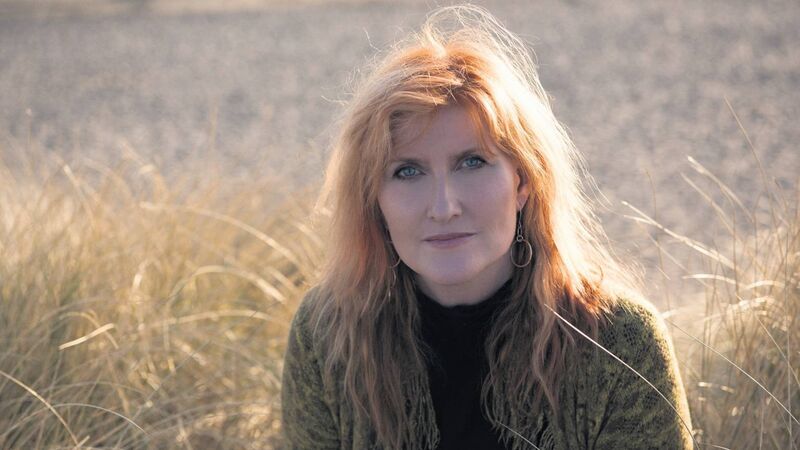Culture That Made Me: Eddi Reader on Joni Mitchell, Robert Burns and Glasgow folk clubs

Eddi Reader is touring to Cork and other centres in Ireland with her 40 Years Live concert tour.
Eddi Reader, 62, grew up in Glasgow and later Irvine, a suburban town in Scotland. She is a three-time Brit Awards winner, including one she scooped for Fairground Attraction’s 1988 pop classic Perfect. In 2006, she was awarded an MBE for her work celebrating Scotland’s national poet Robert Burns. She is touring Ireland with her 40 Years Live concert tour, including Cork’s Everyman Theatre, March 24. See: www.everymancork.com.




